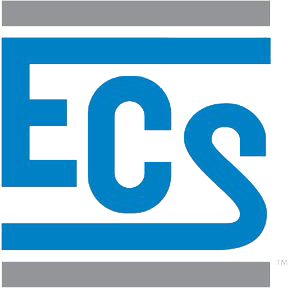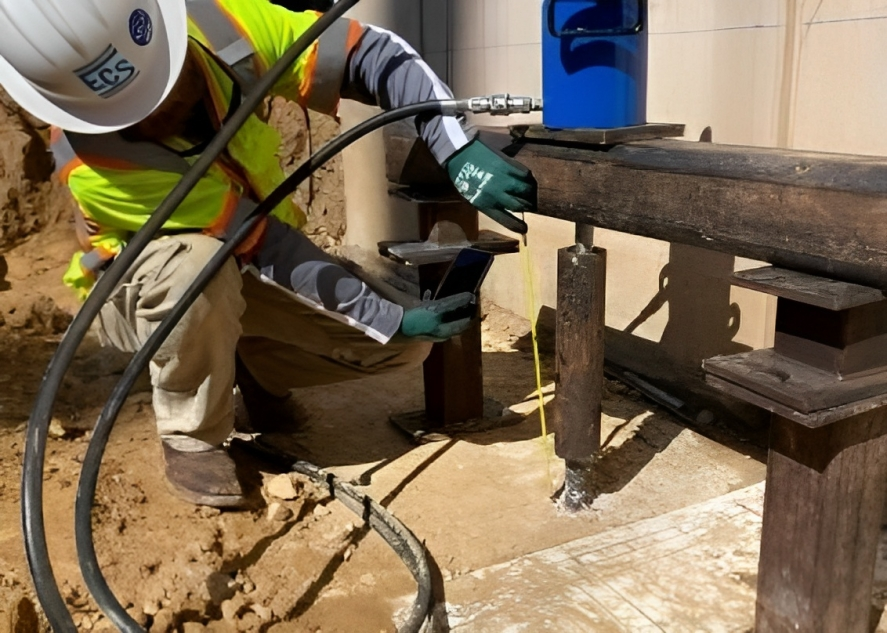Unraveling the Anchor Testing Process
Anchor bolts are critical components of the structure of most modern buildings. These metal bolts can help stabilize steel frames during the building process, and they help transfer horizontal and vertical loads to the foundation. When anchor bolts are properly installed, they make buildings steady and durable for use. Anchor bolts are particularly important for helping a building withstand high winds and other environmental factors.
The Multi-faceted Benefits of Anchor Testing
While stability is the main reason anchor bolts are essential, compliance also plays a role. Most building codes will detail the use of anchor bolts in various circumstances. Following a new build, an evaluator will likely look for anchor bolts at key points to assess the safety and function of the building.
Relevance of Anchor Bolt Testing in Modern Building Construction
Anchor bolt inspection and testing are commonly required after completing a building, but they may also be required later in the building’s life span to confirm function and load-bearing capabilities after additions or structural changes. If a structural failure occurs and corroded or poorly installed anchor bolts are the issue, building owners may be held liable.
Our Detailed Reporting Process in Anchor Testing
ECS can apply various anchor bolt testing services to identify the stability of a building’s anchor bolts. Our approach will depend on the type of anchor and the requirements for your project. We will also assess the different types of materials used in your building project.
Our anchor bolt testing services include two tests:
- Anchor Pull: The most common type of anchor testing. This test calculates the design resistance of materials to find out which anchor is right for the application. Anchor pull tests can be to the point of failure or tested to a proof load. Proof load testing is often preferred because it is non-destructive compared to failure tests.
- Ultrasonic: Another form of non-destructive testing. This test is good for anchor bolts that are hidden since testers do not need to apply a pulling mechanism directly to the bolt. A high-frequency sound wave applies force to the bolt and uncovers many anomalies, such as signs of damage.
Trust Our Solutions-Oriented Approach for All Testing Needs
At ECS, excellence is the center of our mission. We are committed to every service we offer, and we apply industry-accepted techniques to each approach and solution. While our processes make us a trusted partner, we also maintain open communication throughout each project to keep you included in our process.
We start our services with a descriptive proposal for the work we intend to do. We are happy to answer any questions before work begins. After completing the anchor bolt pull test or other necessary methods, we will provide a detailed report of our findings. Our team can review the report with you to ensure you understand any next steps to maintain your building’s safety and compliance.
The ECS team seeks solutions in everything we do, and you can trust us to be problem solvers when necessary. Count on our team-based approach to offer efficient and cost-effective testing services.
Unraveling the Anchor Testing Process
Anchor bolts are critical components of the structure of most modern buildings. These metal bolts can help stabilize steel frames during the building process, and they help transfer horizontal and vertical loads to the foundation. When anchor bolts are properly installed, they make buildings steady and durable for use. Anchor bolts are particularly important for helping a building withstand high winds and other environmental factors.
The Multi-faceted Benefits of Anchor Testing
While stability is the main reason anchor bolts are essential, compliance also plays a role. Most building codes will detail the use of anchor bolts in various circumstances. Following a new build, an evaluator will likely look for anchor bolts at key points to assess the safety and function of the building.
Relevance of Anchor Bolt Testing in Modern Building Construction
Anchor bolt inspection and testing are commonly required after completing a building, but they may also be required later in the building’s life span to confirm function and load-bearing capabilities after additions or structural changes. If a structural failure occurs and corroded or poorly installed anchor bolts are the issue, building owners may be held liable.
Our Detailed Reporting Process in Anchor Testing
ECS can apply various anchor bolt testing services to identify the stability of a building’s anchor bolts. Our approach will depend on the type of anchor and the requirements for your project. We will also assess the different types of materials used in your building project.
Our anchor bolt testing services include two tests:
- Anchor Pull: The most common type of anchor testing. This test calculates the design resistance of materials to find out which anchor is right for the application. Anchor pull tests can be to the point of failure or tested to a proof load. Proof load testing is often preferred because it is non-destructive compared to failure tests.
- Ultrasonic: Another form of non-destructive testing. This test is good for anchor bolts that are hidden since testers do not need to apply a pulling mechanism directly to the bolt. A high-frequency sound wave applies force to the bolt and uncovers many anomalies, such as signs of damage.
Trust Our Solutions-Oriented Approach for All Testing Needs
At ECS, excellence is the center of our mission. We are committed to every service we offer, and we apply industry-accepted techniques to each approach and solution. While our processes make us a trusted partner, we also maintain open communication throughout each project to keep you included in our process.
We start our services with a descriptive proposal for the work we intend to do. We are happy to answer any questions before work begins. After completing the anchor bolt pull test or other necessary methods, we will provide a detailed report of our findings. Our team can review the report with you to ensure you understand any next steps to maintain your building’s safety and compliance.
The ECS team seeks solutions in everything we do, and you can trust us to be problem solvers when necessary. Count on our team-based approach to offer efficient and cost-effective testing services.

